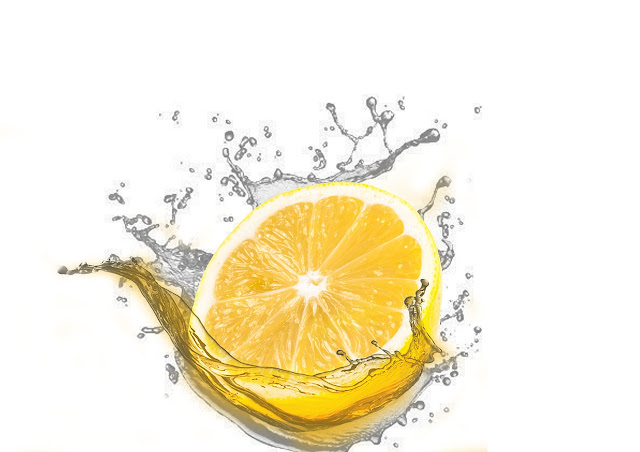Water-Soluble Vitamins
Vitamin B1
The first one is Vitamin B1 also known as Thiamine and affects nearly every cell in the body.
Its functions are that it is used as a co-enzyme to metabolize food for energy, it helps maintain proper heart and nerve function.
Basically, without enough thiamine, the molecules found in carbs and proteins cannot be properly used by the body to carry out various important functions.
A thiamine deficiency can cause weakness, chronic fatigue, heart complications, psychosis, and nerve damage.
Some common food sources for thiamine are
whole grains, beans, nuts and meat.
Vitamin B2
Vitamin B2 is called Riboflavin. It is an important Vitamin that also acts as an antioxidant.
Functions of B2 are that it is responsible for maintaining healthy blood cells, helps boost energy, protecting skin and eye health.
A point to note is that literally, all B vitamins help extract energy from the food you eat into usable energy that is in the form of ATP.
The richest Food sources of Vitamin B2 are meat and organ meat, eggs, green leafy vegetables, beans and legumes.
Vitamin B2 deficiency can cause fatigue, nerve damage, a slow metabolism.
Vitamin B3
Vitamin B3 is also called Niacin. It’s very important for maintaining a healthy cardiovascular system, especially balancing blood cholesterol levels.
Niacin also helps with brain function and healthy skin formation.
Top Niacin food sources are beef liver, chicken breast, tuns and sunflower seeds. Niacin deficiency is rare.
Although when it happens, it can result in skin rashes, diarrhoea or dementia.
Vitamin B5
It is also known as pantothenic acid. It has plenty of functions including converting nutrients from food into energy, balancing blood sugar, lowering high blood pressure, preventing nerve damage, and preventing heart failure.
B5 vitamin sources include both plants and animals foods such as meat, organ meat, beans, legumes, raw milk and eggs.
B5 deficiencies may include symptoms like fatigue, depression, stomach pains.
Vitamin B6
Vitamin B6 also known as pyridoxine.
All B vitamins including B6 play an important role in regulating metabolism, nerve function, skin and eye health and helping boosts energy levels.
Functions of B6 include maintaining a healthy nervous system, make haemoglobin that carries oxygen in red blood cells throughout the body, boost mood and create antibodies.
Best food sources for B6 are beef, tuna, avocados, chicken breast, chickpeas.
Symptoms of vitamin B6 deficiency include muscle pains, confusion, changes in mood, such as anxiety and depression.
Biotin or Vitamin B7
Biotin or Vitamin B7 plays a major part in maintaining the health of our hair, nails and skin (that's why in your find lot of cosmetics products like shampoos and skin care products with added biotin in it) Biotin can be found in foods like organ meat, eggs, avocados, legumes and mushrooms.
Biotin deficiency is rare, but when it happens then your skin can become dry, there can be hair loss and you may feel lack of energy.
Folate or Vitamin B9
Folate or Vitamin B9 does not participate in energy metabolism.
so what exactly it does?
Let's find out.
Folate primarily helps the body make new cells, by playing a role in copying and synthesizing DNA.
That what its the first nutrient that is recommended to females when they become pregnant.
Its also helps utilize Vitamin B12 (which is our next vitamin) and amino acid.
A folate deficiency will cause anaemia, poor immune function, and poor digestion.
Top food sources of folate are chickpeas, pinto beans, liver, lentils, and spinach.
Vitamin B12
Vitamin B12 deficiency is the most common nutritional deficiencies in the world, affecting vegetarian and vegans, elderly. Symptoms of b12 deficiency are fatigue, weakness, poor moods and low concentration.
B12 is only found in animal foods like organs meats, fish, dairy, chicken and lamb.
B12 plays a major role in forming red blood cells, play a role in DNA/RNA synthesis, helps with the production of hormones and helps with the synthesis of haemoglobin.
Therefore it's a good idea for vegetarians to supplement their diet with B12 tablets to complete the recommended dose.
Vitamin C
Finally, let's discuss the last Vitamin C. Also called ascorbic acid. Vitamin C health benefits are immense.
It helps promote healthy skin and with collagen formation.
It helps with a mineral formation, lowers risk of gout (its an arthritis type condition mainly afflicting the big toe).
Vitamin C is one of the many antioxidants that help protect against free radical damage, it also fights colds and flu.
Best food sources of Vitamin C are guava, green and red peppers, oranges and strawberries. Deficiencies in Vitamin C may cause swollen and bleeding gums, dry hair, rough and scaly skin and weakened immune system.








Comments
Post a Comment